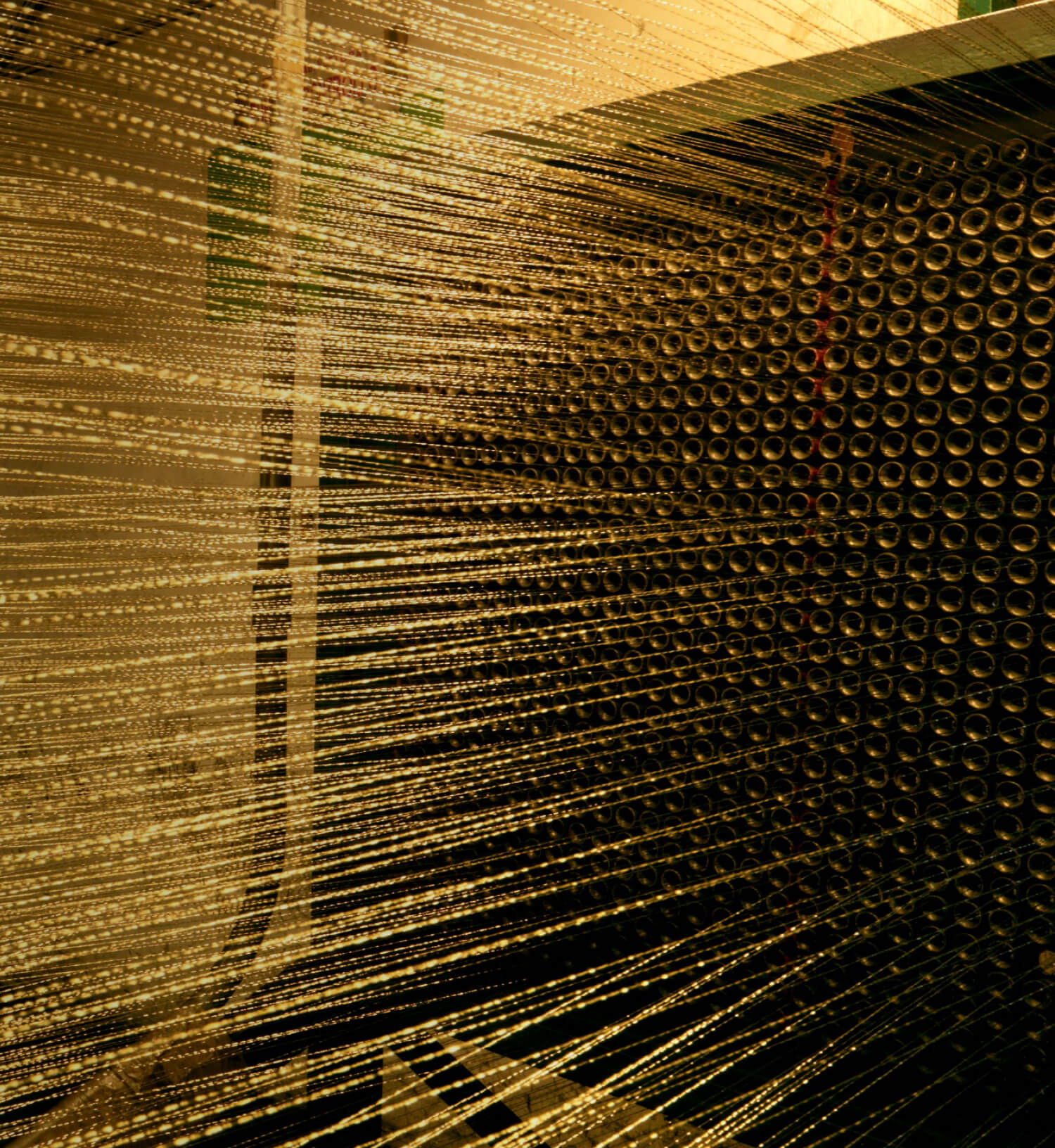From a blank sheet
Writers know that they need to be open to surprise in order to conjure up their stories
Where does it start, that spark that transforms a blank page into a journey of imagination? Very often it's with something you overhear, something unsettling, something you can't forget. It's your own fault: you've been eavesdropping, again, you and nearly every writer out there. A serial offender when it comes to listening in on the lives of others, you notice too much, too. The stiffened spine. The eyes that look away. You clock fleeting gestures that hint at a stranger's story and inspire you to write your own.
So there you are, on the train, when you overhear a dazzling young woman telling her friend that, when she was growing up, her mother used to tell her that she'd never amount to anything, that she was a born loser. Born loser. You turn the phrase over in your mind, can't kick it out, though you'd like to. But you can't because a question has muscled in on your inner world and the question is: how could a mother be that cruel? Why would a mother say such a thing to her child? And now you need an answer and you set about finding it in the only way you know how.
But there are other sparks, too, after all, writers are a motley crew, and each is called to the blank page in different, often mysterious ways. For Nobel laureate Toni Morrison, each of her books emerged from an idea, which became a question, "a question I don't have any answers to". How could one human being do that to another? Why did she do it? How could they forget?
It's different for American novelist Jonathan Franzen. Before he even gets as far as the blank page, he subjects himself to a process of psychic excavation to uncover his starting point. "You go deep, and report from the depths on what you find," the author of The Corrections and, most recently, Crossroads, told American literary journal The Atlantic.
"It is not about reporting back on what everyone else is talking about or what's already out there on the internet. As a writer, I'm trying to pay attention to the stuff people aren't paying attention to. I'm trying to monitor my own soul as carefully as I can and find ways to express what I find there."
"Finding ways to express what I find there," now there's a wonderfully understated nod to the struggle writers experience as they seek to bring unformed, inchoate ideas into being. The literary demi-god and Anglo-American poet T S Eliot famously articulated the challenge "to get the better of words" as a "raid on the inarticulate" in Four Quartets. Part of the horror, he tells us in this meditation on time and history, is that no sooner have you worked out how to say what you want to say but you no longer want to say it.
Remember Sisyphus, pushing that rock up the mountain? He had nothing on writers.
Eliot did have a particularly bleak disposition. For plenty of writers, there is an upside to the gruelling creative process. Rare as they are, there are moments where your mind hovers in a liminal space between the whisper of an idea and a sentence on the page or a fully formed image, the outside world held temporarily at bay. This is the threshold of becoming, and it's a wonderful place to be. It's not the bardo, it's not a holding pen, it's where anything could happen. OK, it might be the high before the low, the moment of euphoria before reality hits and you fail to say whatever it is you wanted to say. But it's a high all the same.
Besides, disappointment goes with the writing territory. "You write because you have an idea in your mind that feels so genuine, so important, so true," Khaled Hosseini, author of The Kite Runner, told The Atlantic. "And yet, by the time this idea passes through the different filters of your mind, and into your hand, and on to the page or computer screen – it becomes distorted, and it's been diminished. The writing you end up with is an approximation, if you're lucky, of whatever it was you really wanted to say."
This may sound harsh, but from the reader's point of view, who cares? If some grand idea has been transformed into a compelling, vivid or beautiful story, then we're happy, we read on. Part of the art of writing is letting go, being open, relinquishing control. Elena Ferrante, the pseudonymous author of the Naples novels, is the first to admit that she knew the end of the whole story, and some key episodes, too. But, as she once told the New York Times, everything else "was a surprising and demanding gift that came from the pure storytelling pleasure".
Being open to surprise is what creativity and transformation is all about. Going back to that overheard conversation on the train, it was me who heard it. And to answer the question of why a mother would call her child a loser, I have written a story about a child who grew up to become a painter. She painted in order to find the answer to that very question, and to transform her bad memories into shimmering artworks, full of hope.

